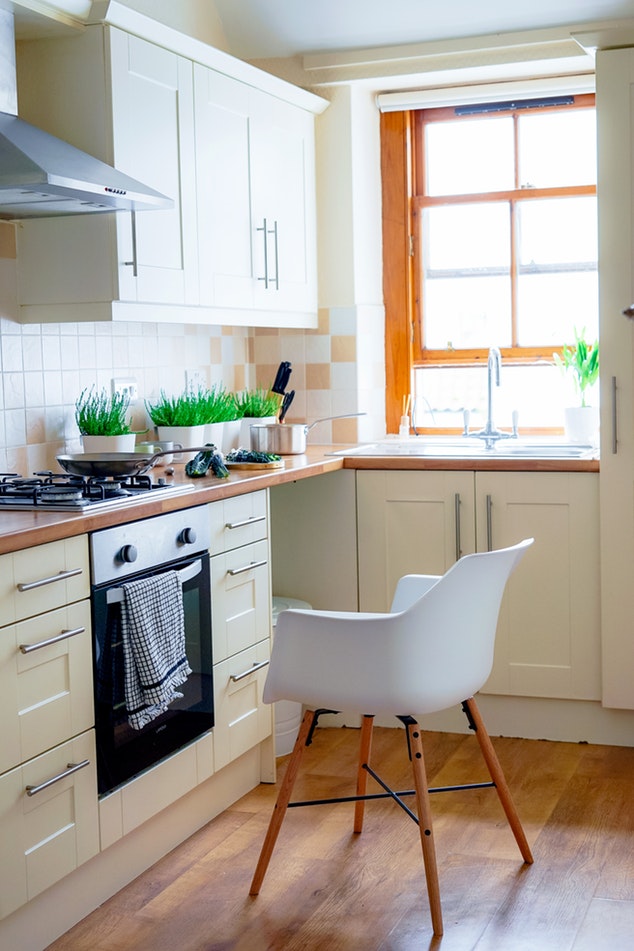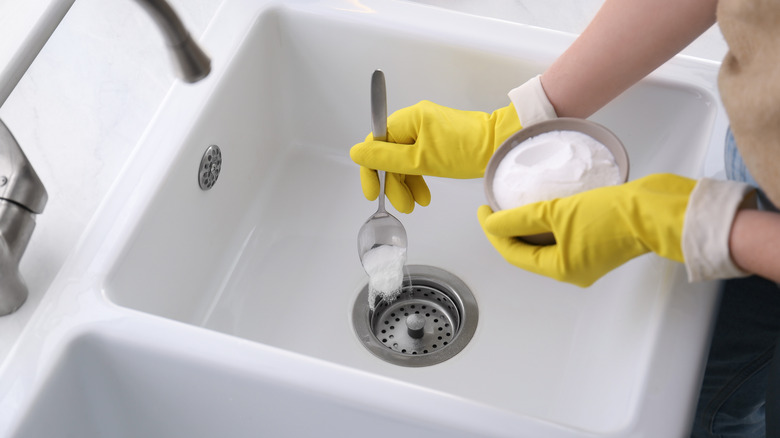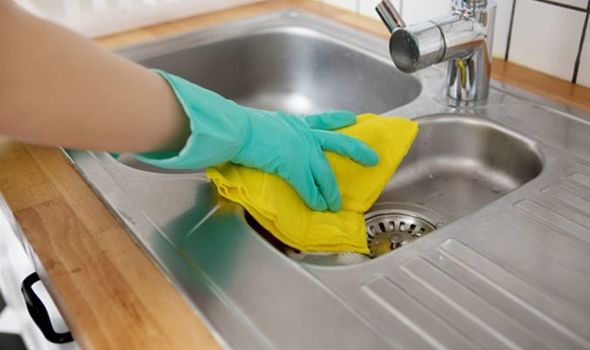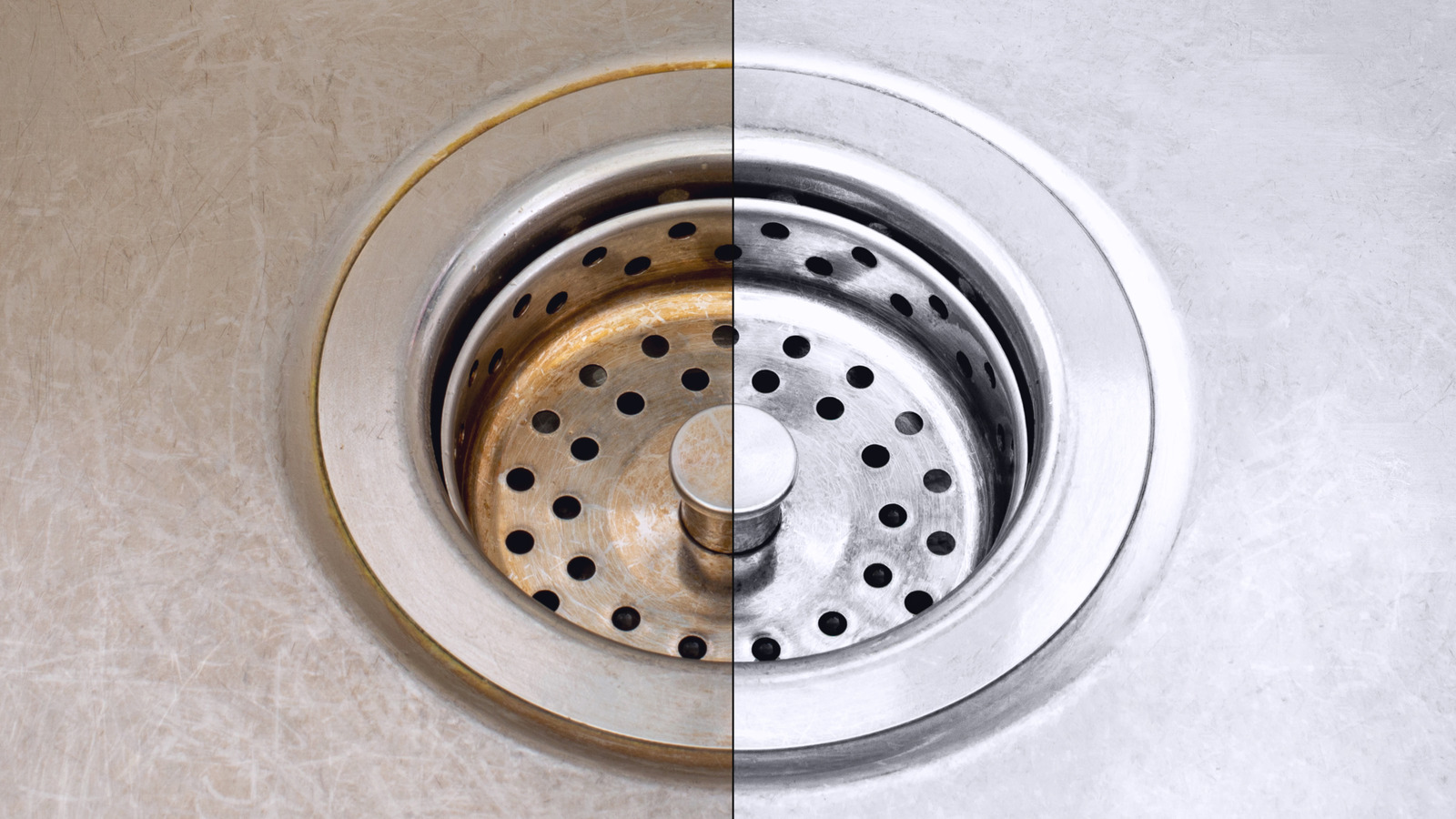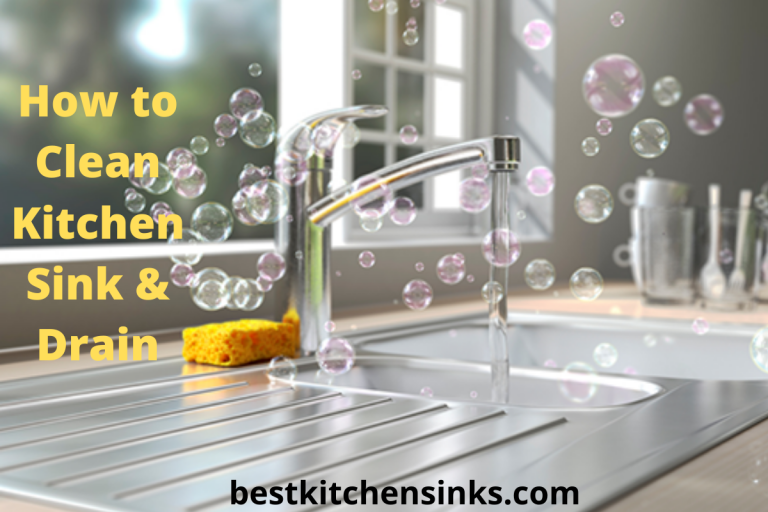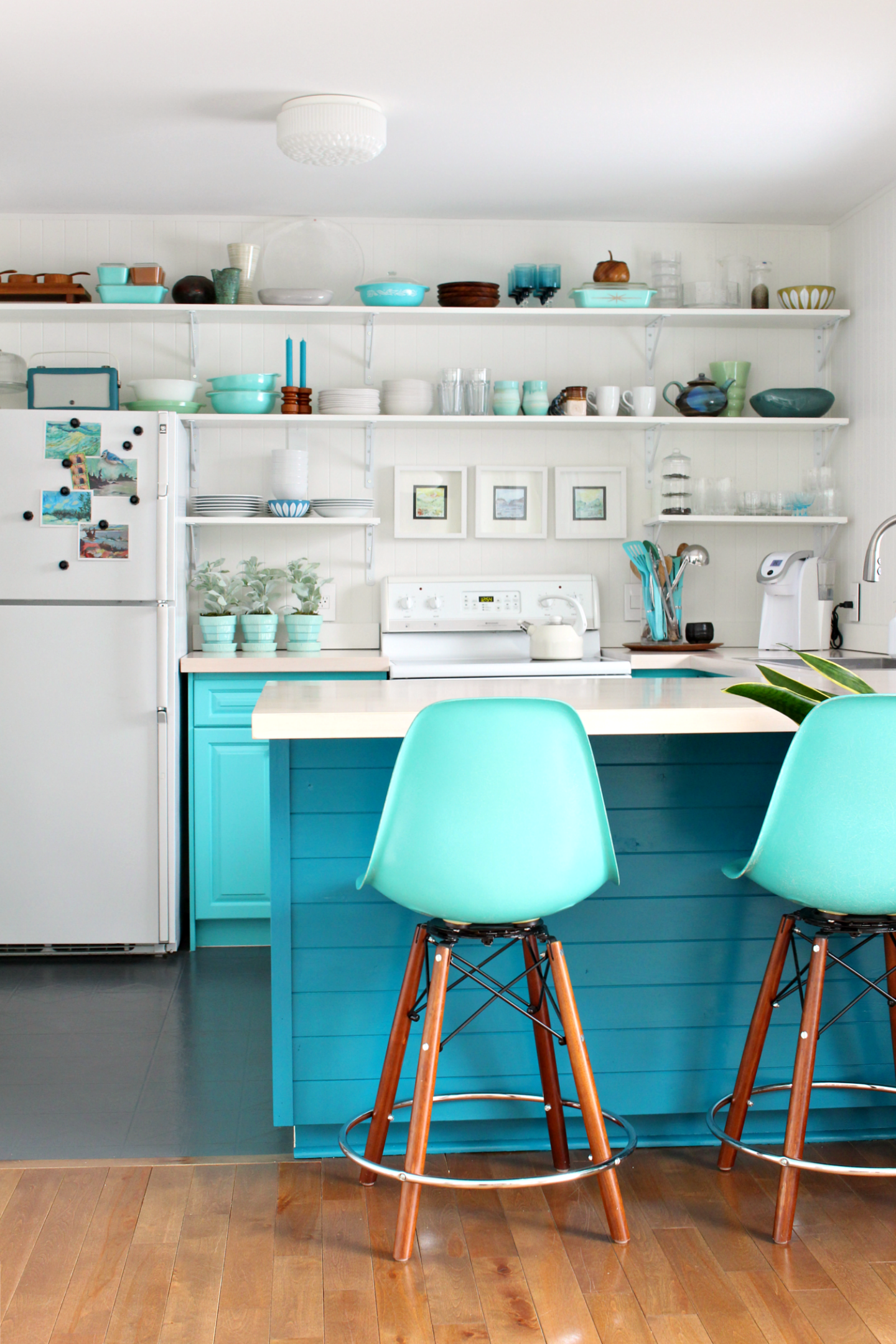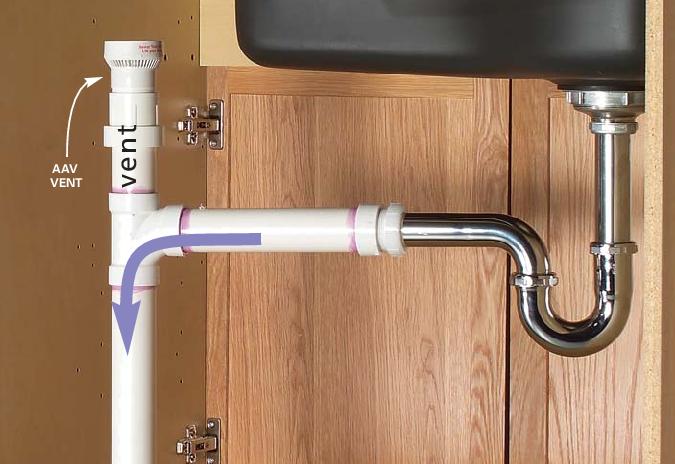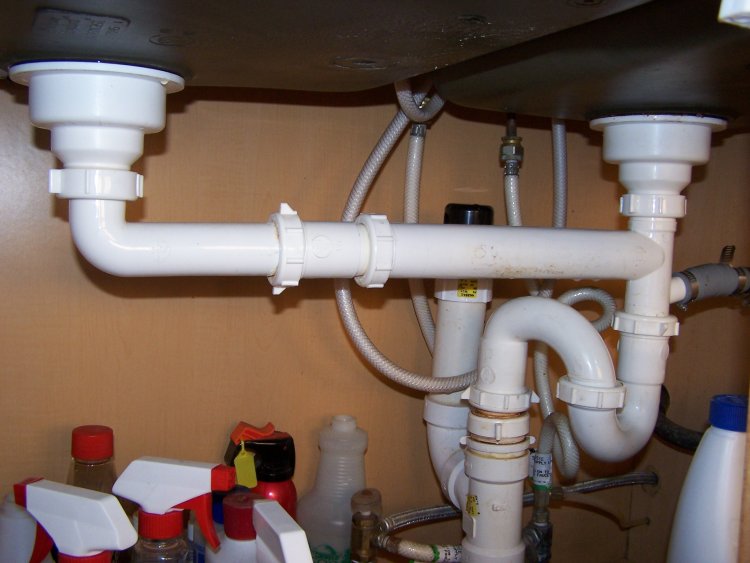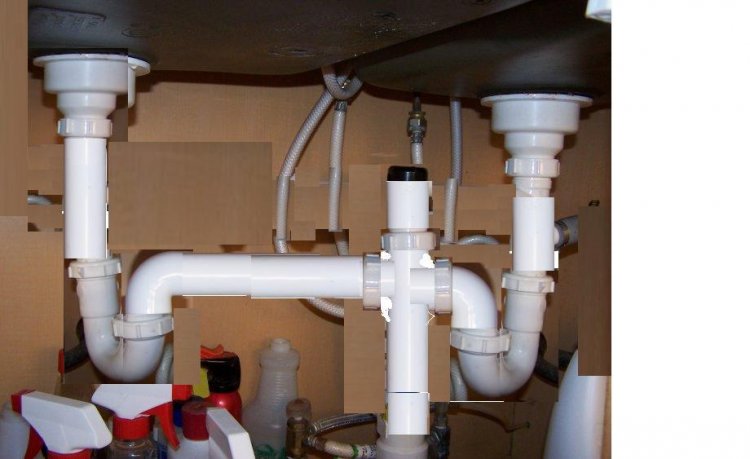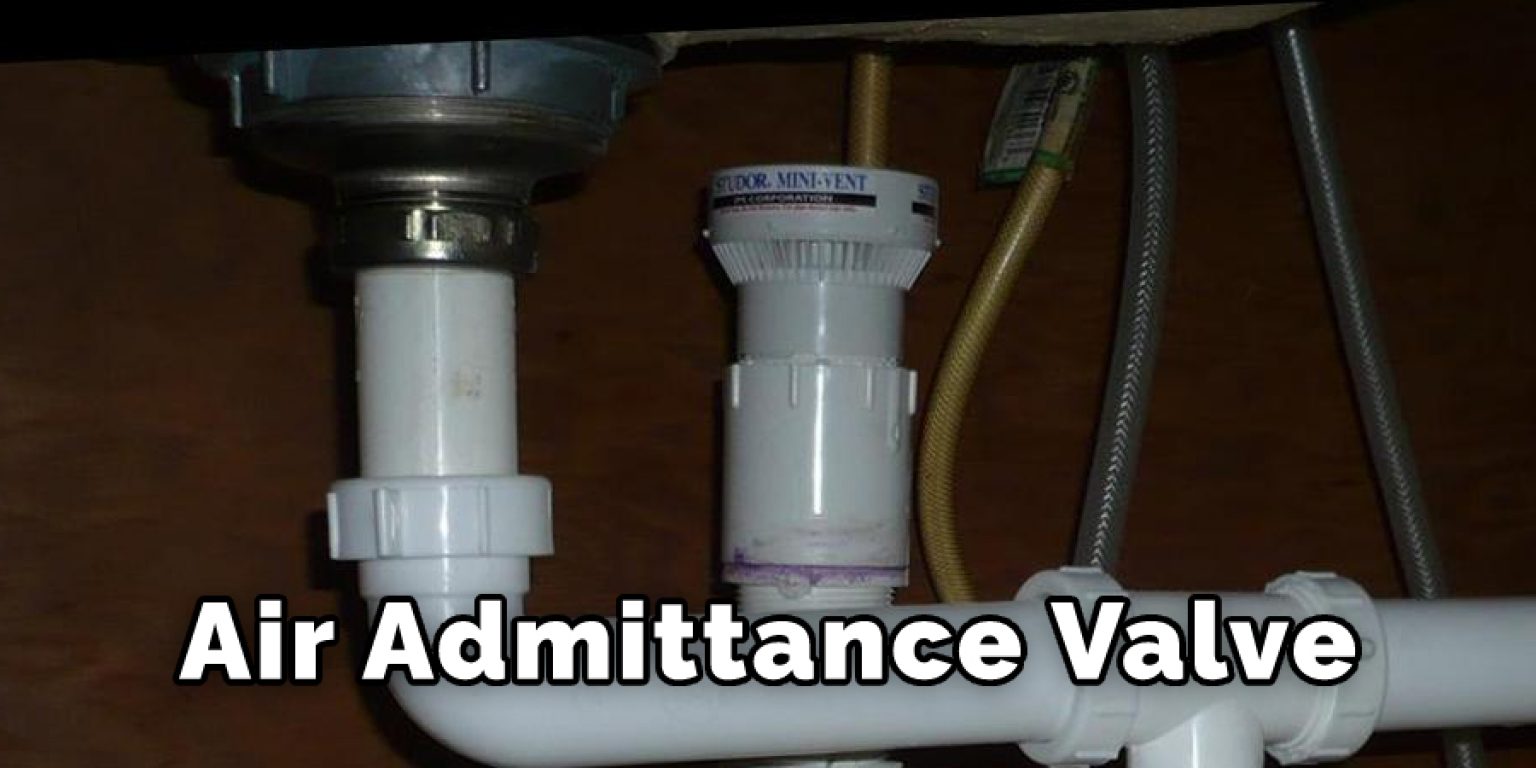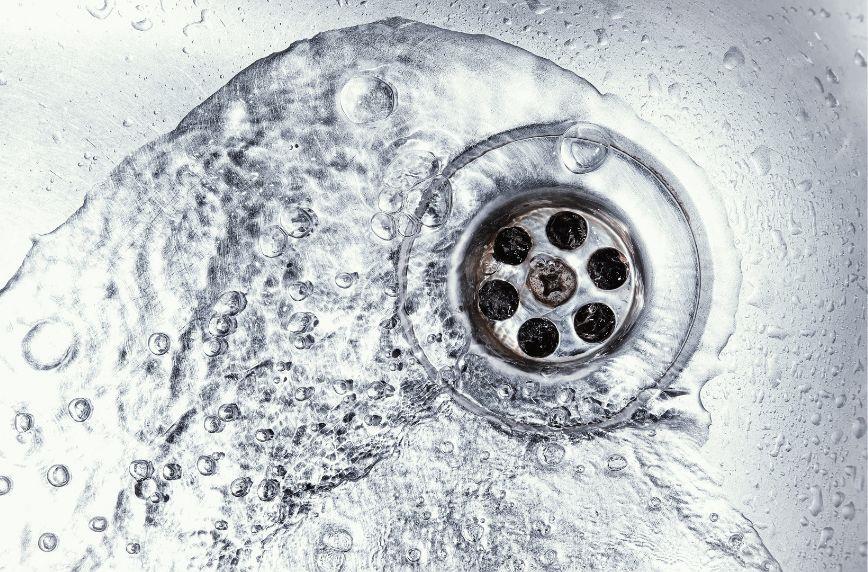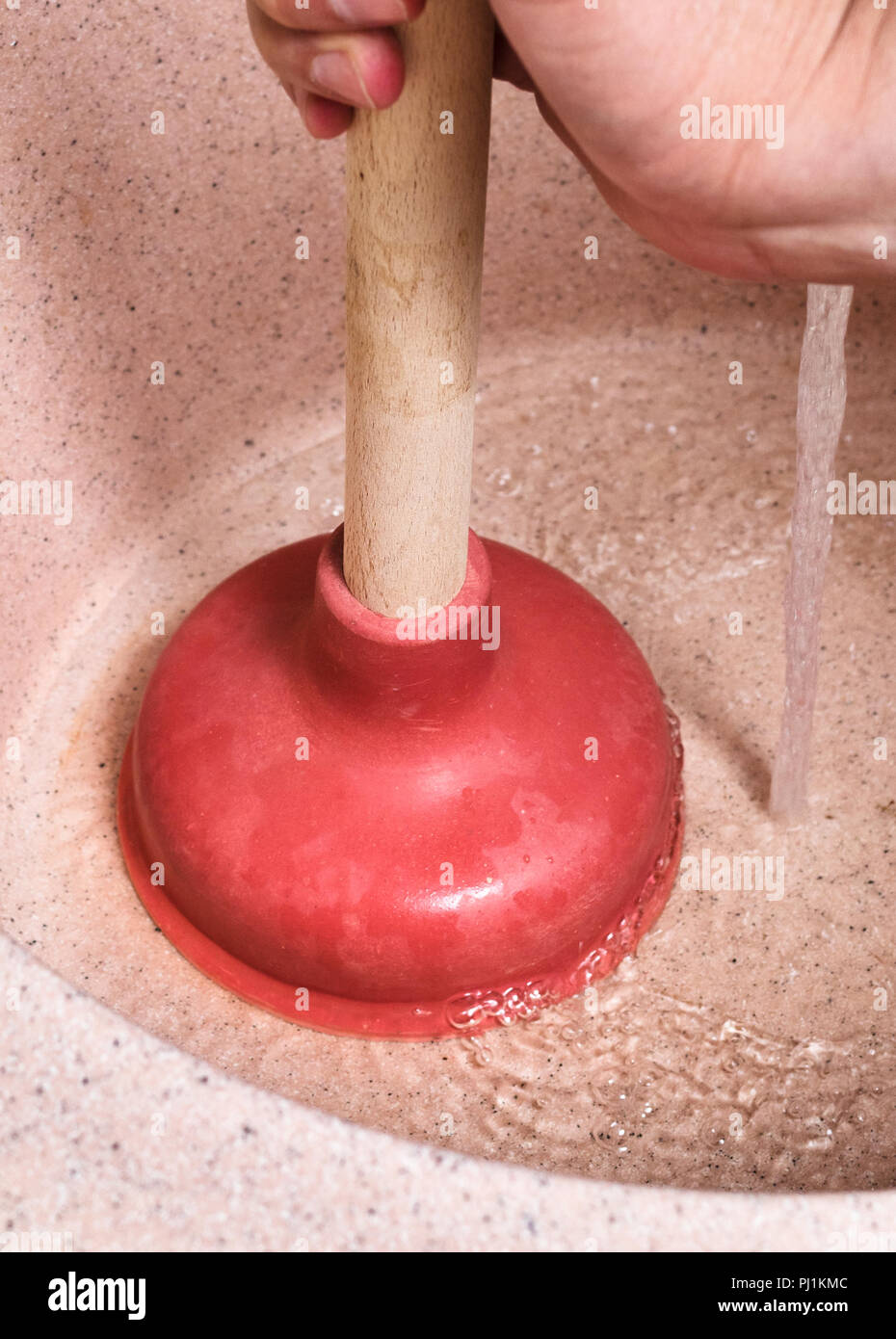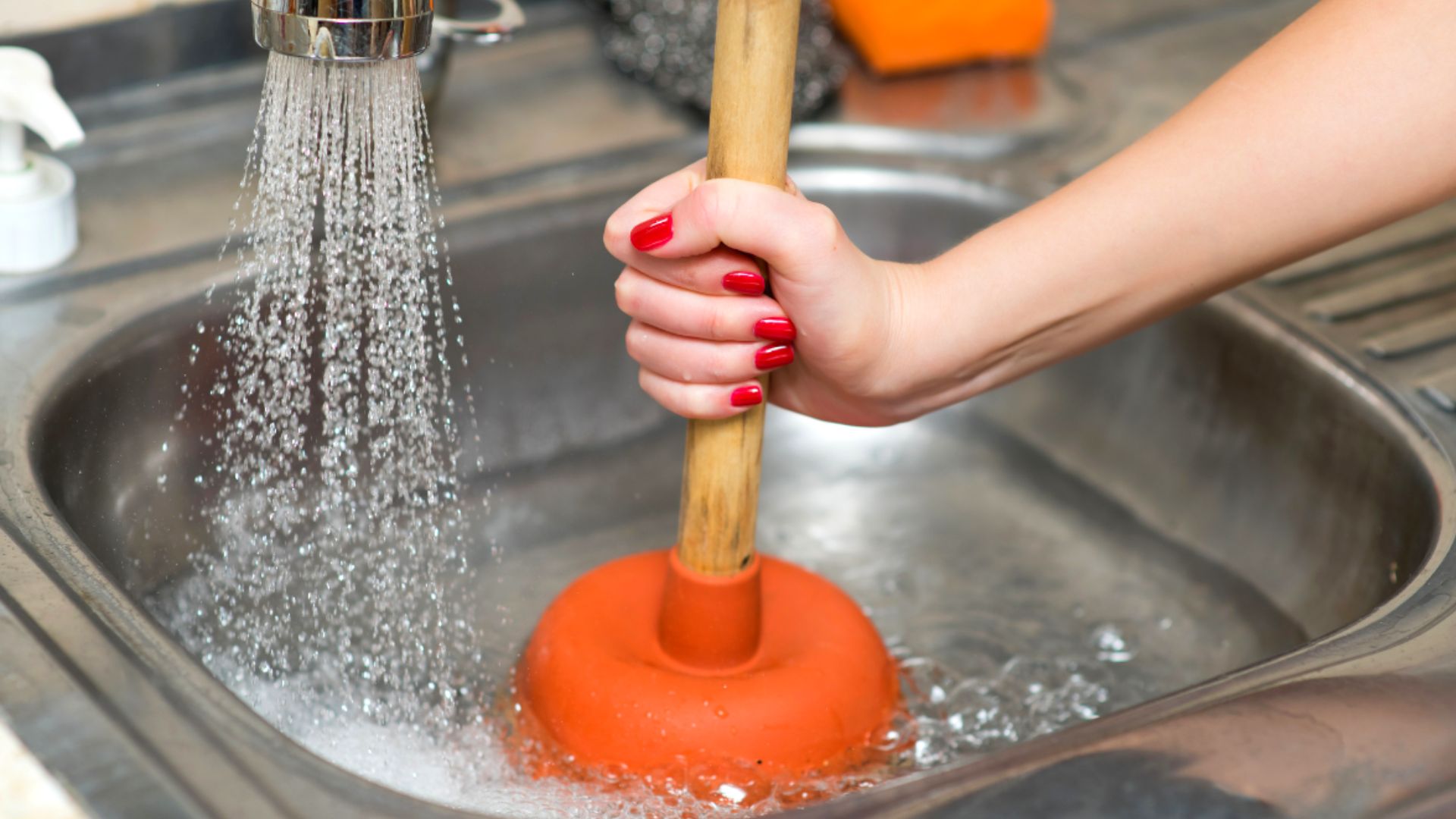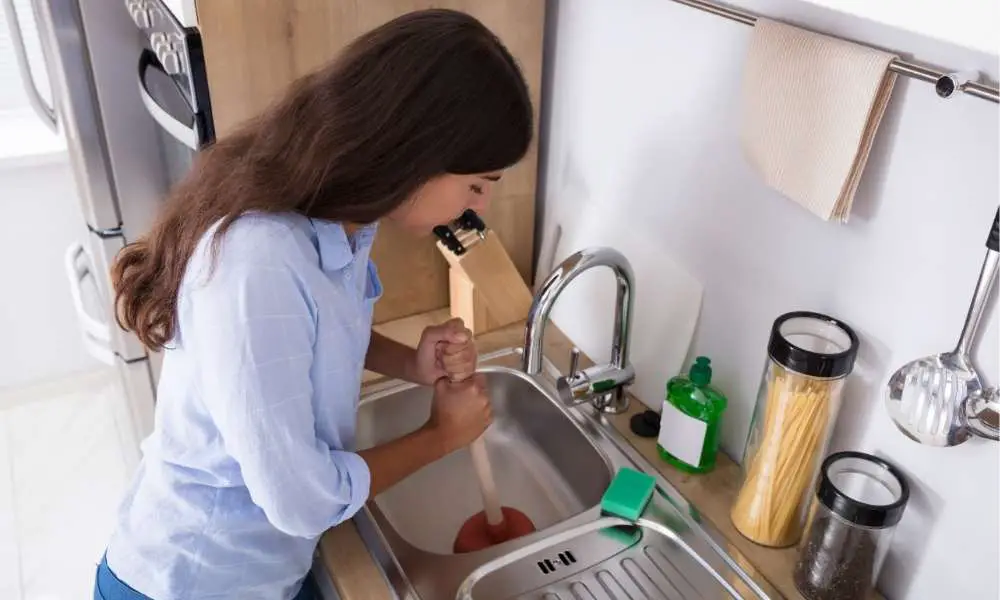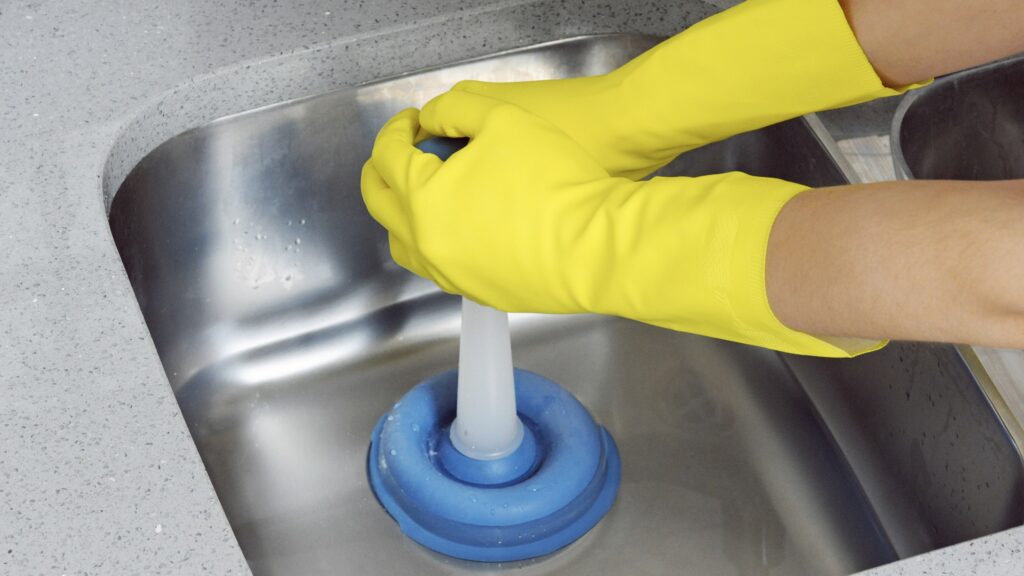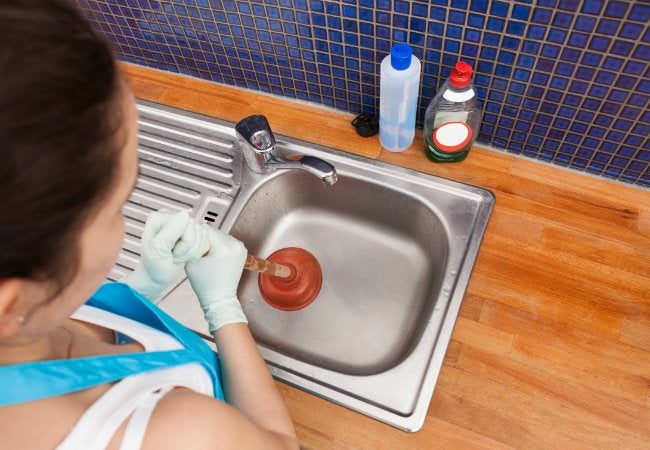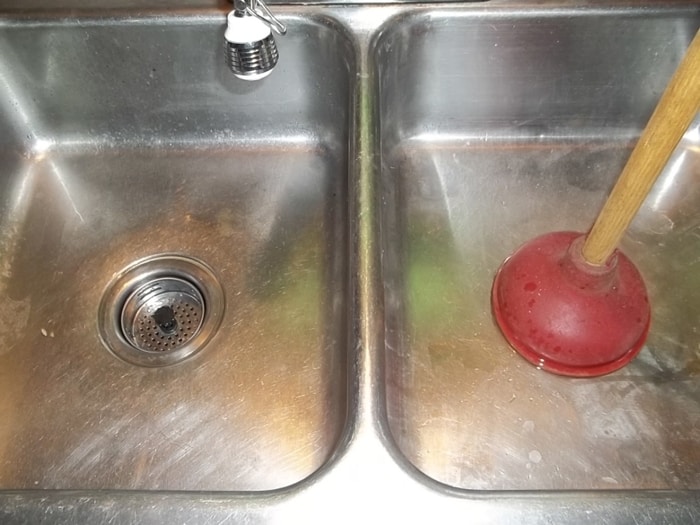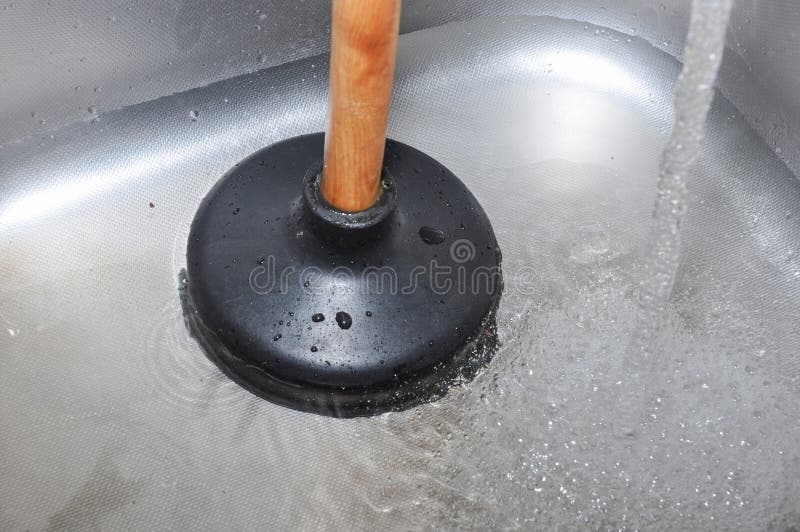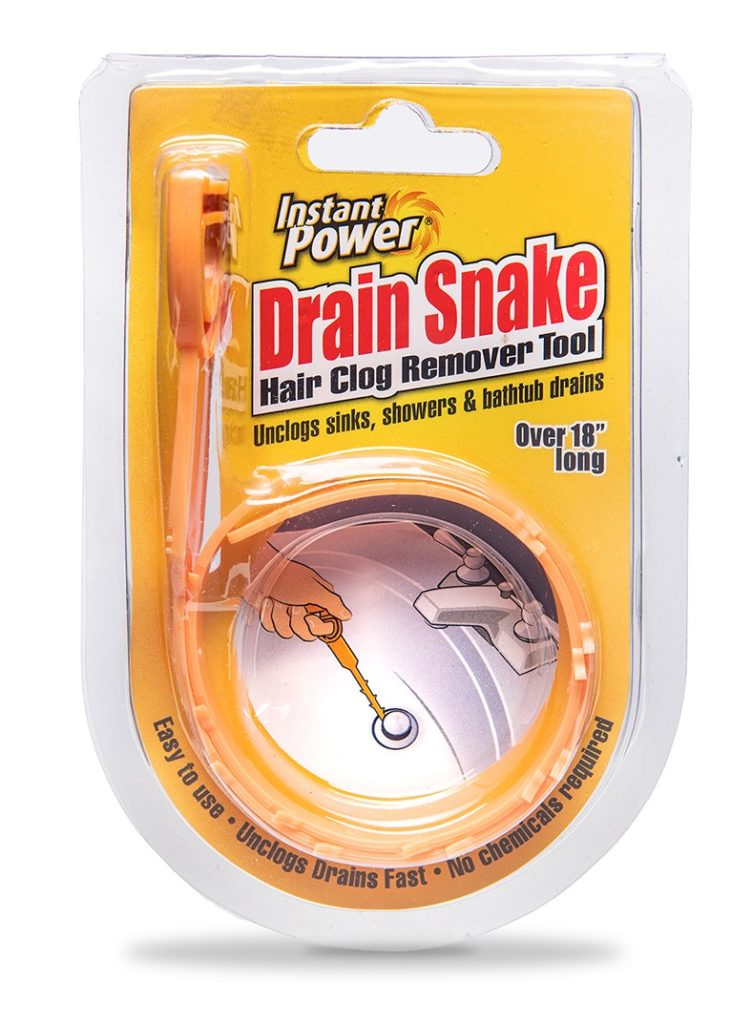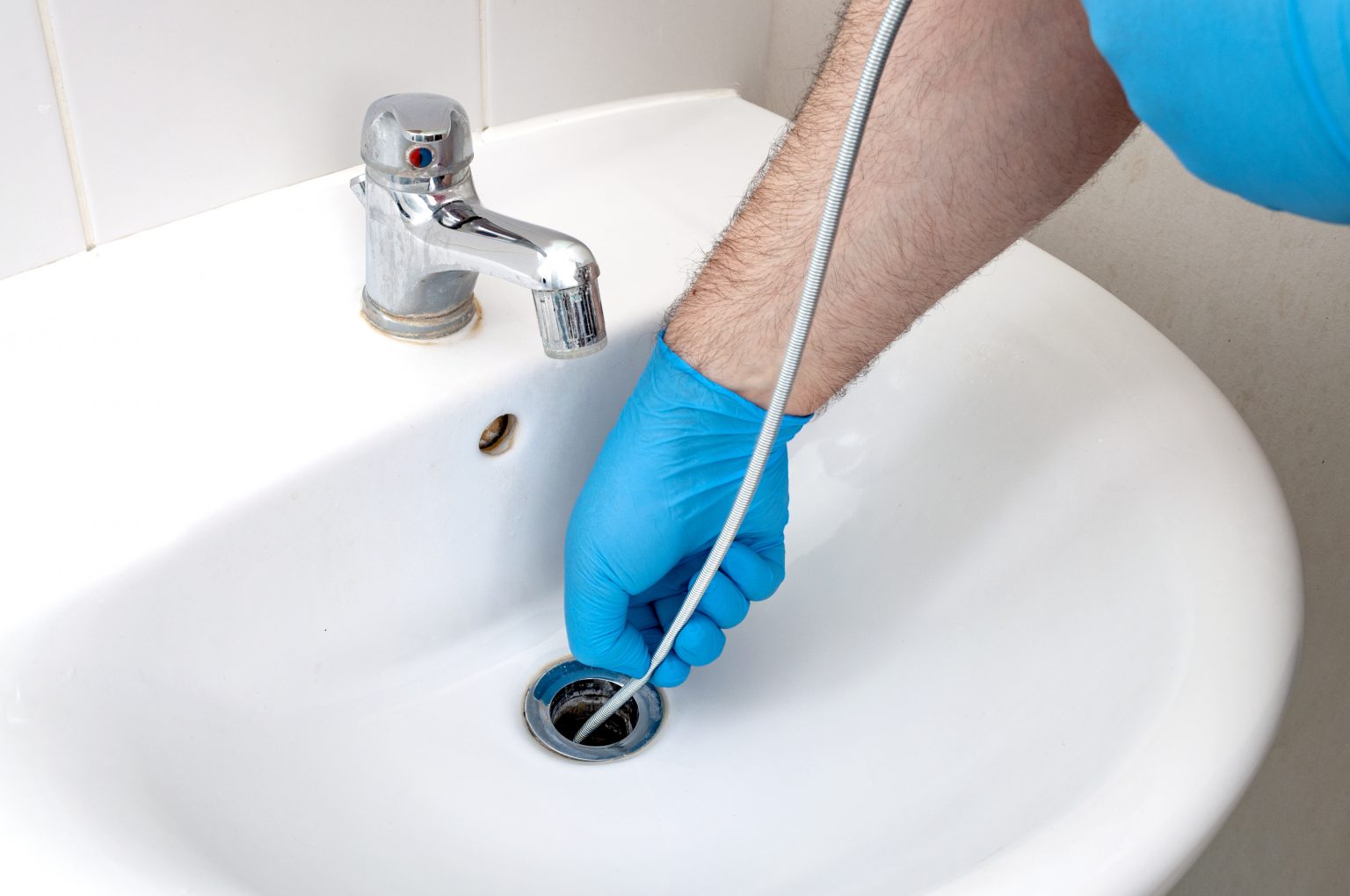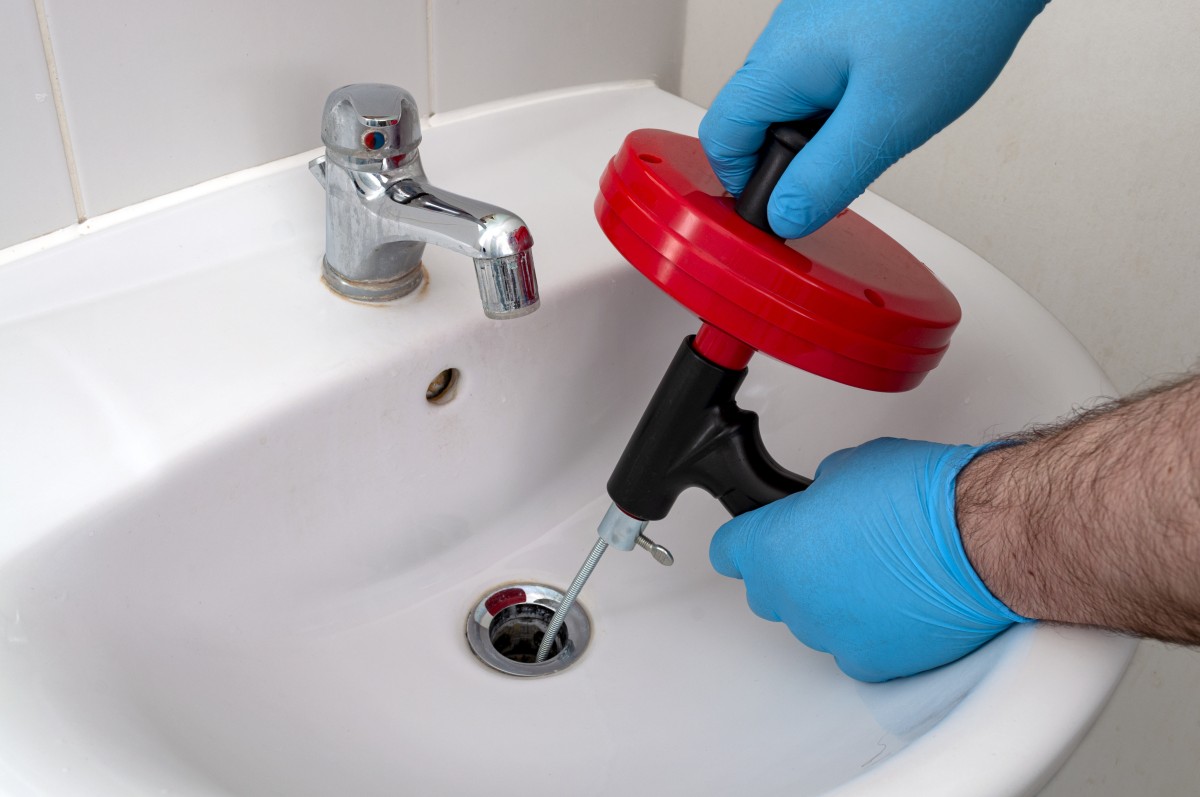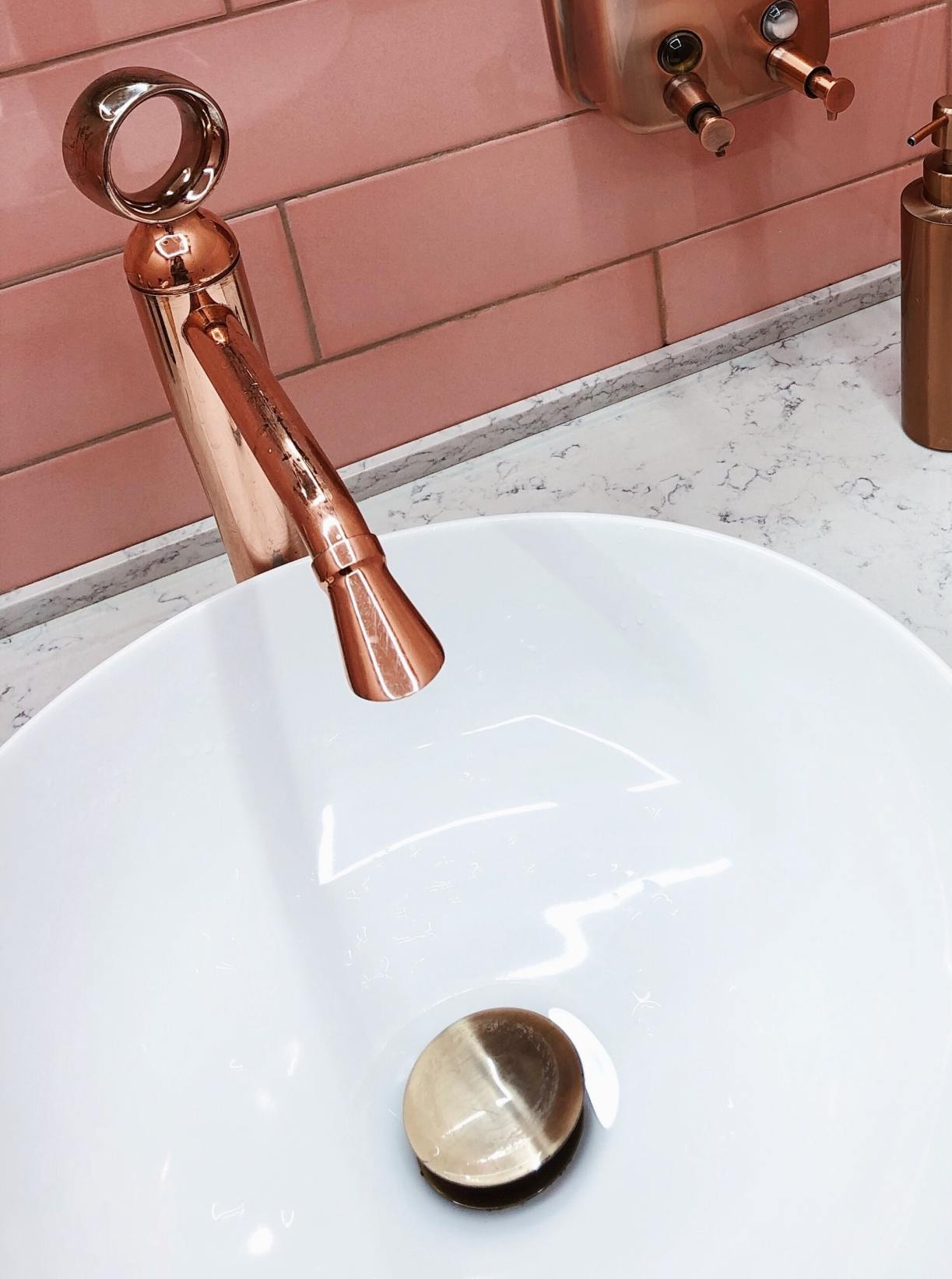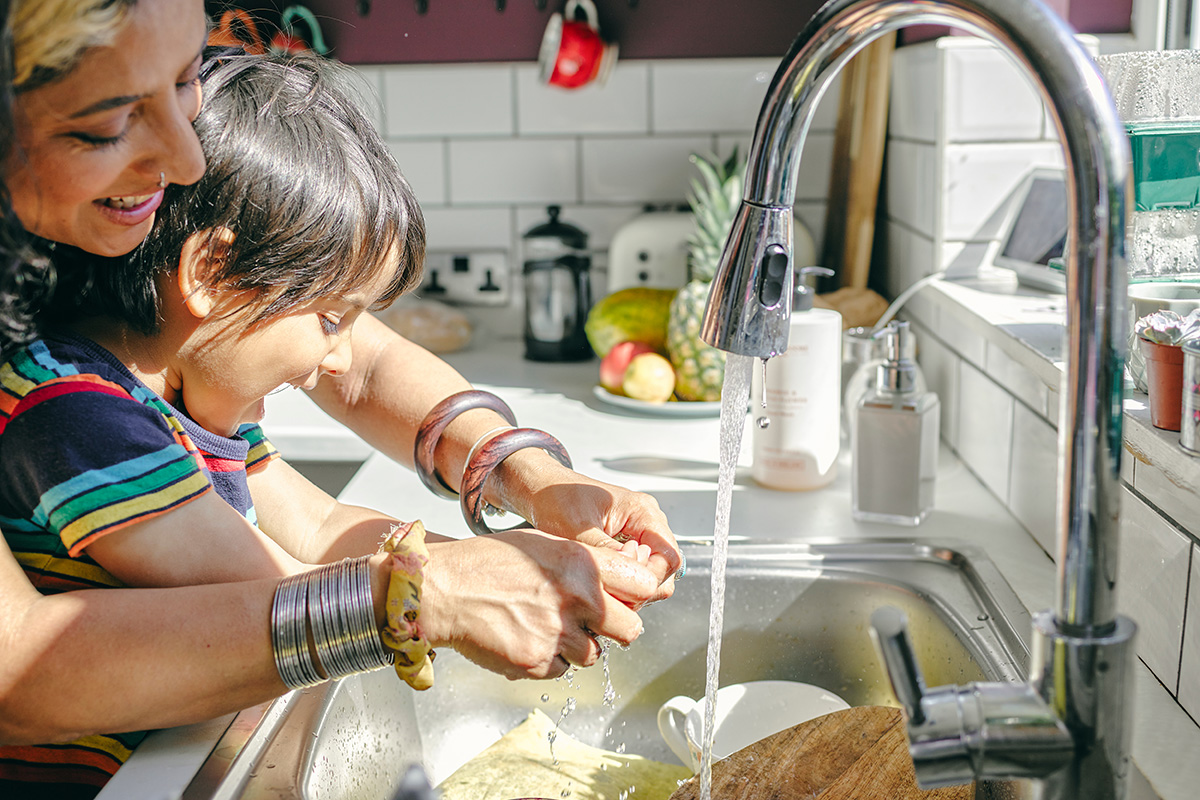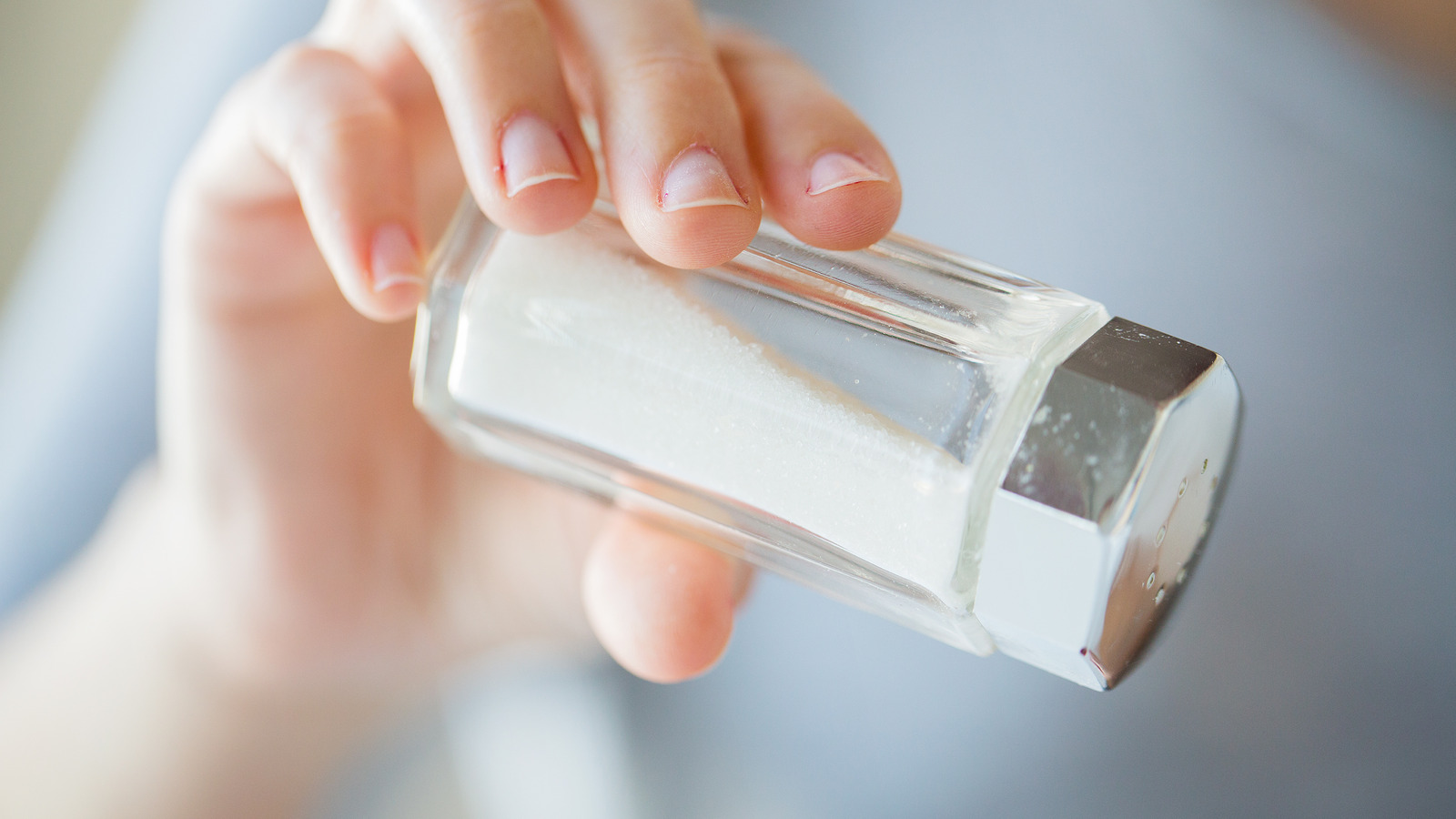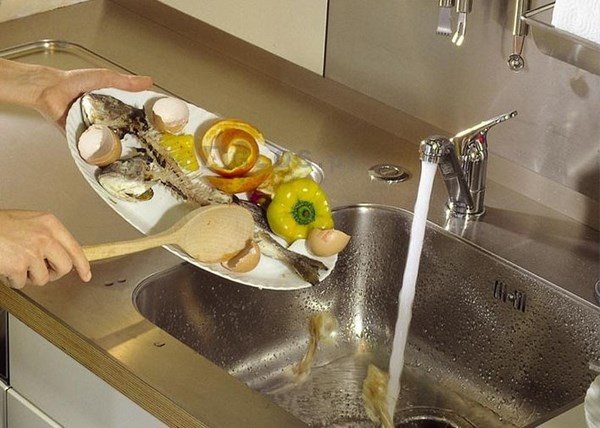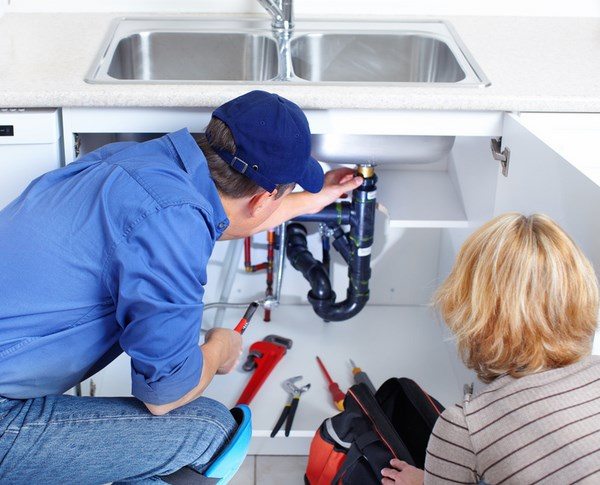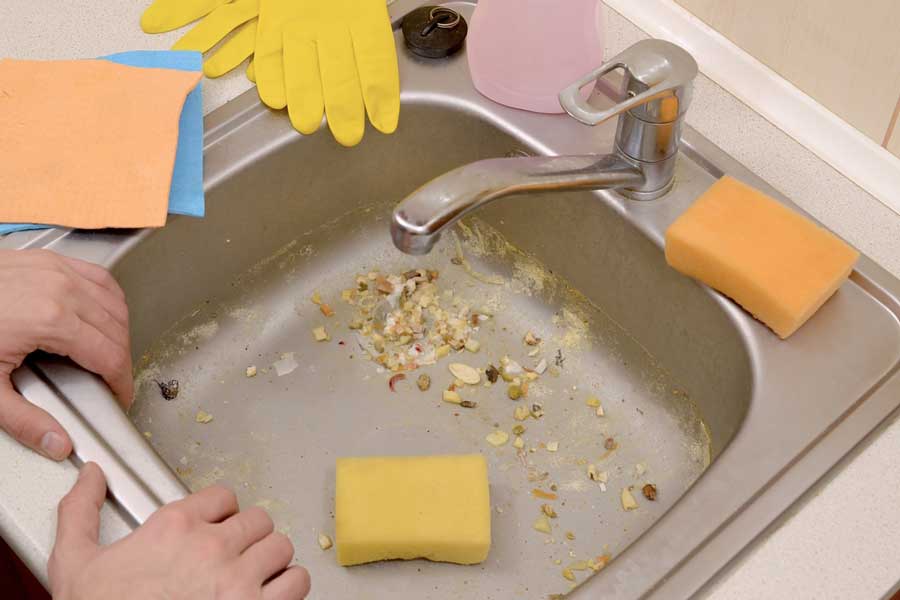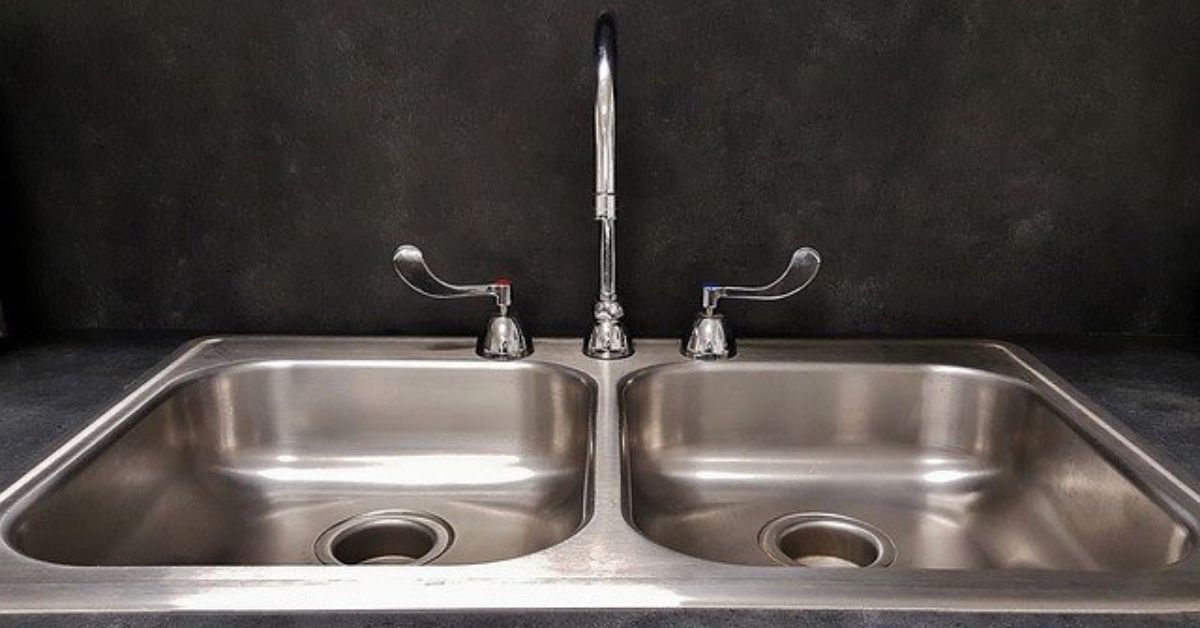How to Fix a Slow-Draining Kitchen Sink
If your kitchen sink is draining slowly, it can be frustrating and inconvenient. But before you call a plumber, there are a few things you can try to fix the problem yourself. In this article, we will discuss the top 10 ways to fix a slow-draining kitchen sink, so you can get back to using your sink without any issues.
How to Unclog a Kitchen Sink Drain
One of the most common causes of a slow-draining kitchen sink is a clogged drain. This can be caused by a buildup of food particles, grease, or other debris. To unclog your sink drain, you can start by using a plunger. Place the plunger over the drain and push up and down several times to create suction. This can often dislodge the clog and allow the water to drain freely.
How to Clean a Kitchen Sink Drain
To prevent clogs in the future, it's important to regularly clean your kitchen sink drain. You can do this by pouring a cup of baking soda down the drain, followed by a cup of vinegar. Let this mixture sit for a few minutes, then pour boiling water down the drain to flush out any remaining debris. This will help keep your drain clear and prevent slow draining.
How to Install a Kitchen Sink Vent
If your kitchen sink is draining slowly, it could be due to a lack of venting. A vent allows air to enter the plumbing system, which helps with drainage. To install a kitchen sink vent, you will need to cut a hole in the wall behind the sink and install a vent pipe. This can be a more complicated fix, so it may be best to consult a professional plumber.
Common Causes of Slow-Draining Kitchen Sinks
Slow-draining kitchen sinks can have a variety of causes. Some of the most common causes include clogged drains, buildup of grease or food particles, low water pressure, or a lack of venting. By understanding the cause of your slow-draining sink, you can take the necessary steps to fix the issue.
How to Use a Plunger on a Kitchen Sink
As mentioned earlier, a plunger can be an effective tool for unclogging a kitchen sink drain. To use a plunger on a kitchen sink, you will need to create a seal around the drain. This will allow you to create suction and dislodge the clog. If the plunger is not effective, you may need to try a different method or call a professional plumber.
How to Snake a Kitchen Sink Drain
If a plunger does not work, you may need to use a plumbing snake to clear the clog. A plumbing snake is a long, flexible tool that can be inserted into the drain and used to break up and remove any debris. This can be a more effective method for stubborn clogs, but it may require a little more effort and possibly some help from a professional.
How to Clear a Clogged Kitchen Sink Drain
If your kitchen sink is completely clogged and water is not draining at all, you may need to clear the clog manually. This involves removing the trap under the sink and using a plumbing snake or other tools to remove the clog. While this may sound intimidating, there are many tutorials available online that can guide you through the process.
How to Prevent Kitchen Sink Drain Clogs
Preventing clogs is always better than having to deal with them after they occur. To prevent clogs in your kitchen sink drain, avoid pouring grease or oil down the drain, use a sink strainer to catch food particles, and regularly clean your drain with baking soda and vinegar. By taking these simple steps, you can greatly reduce the chances of experiencing a slow-draining kitchen sink.
How to Troubleshoot a Slow-Draining Kitchen Sink
If you have tried all of the above methods and your kitchen sink is still draining slowly, it may be time to troubleshoot the issue. Some possible causes could be a damaged or blocked vent pipe, a broken garbage disposal, or a problem with the plumbing system. In this case, it may be best to consult a professional plumber to properly diagnose and fix the issue.
In conclusion, a slow-draining kitchen sink can be a frustrating problem, but it can usually be fixed with a few simple steps. By trying these top 10 methods, you can unclog your drain, prevent future clogs, and troubleshoot any underlying issues. Remember to always be cautious when dealing with plumbing issues and don't hesitate to seek professional help if needed.
Kitchen Sink Drains Slowly: A Common Venting Issue

The Importance of Proper Venting in House Design
 When it comes to designing a house, there are many important factors to consider, from layout and materials to aesthetics and functionality. However, one aspect that is often overlooked is the proper venting of plumbing systems, especially in the kitchen.
Kitchen sink drains slowly vent
is a common issue that many homeowners face, and it can lead to a variety of problems if not addressed properly.
Venting
is an essential part of a plumbing system, as it allows air to enter the pipes and release any pressure that may build up. Without proper venting, water flow can be disrupted, and plumbing fixtures may not function as they should. In the case of a kitchen sink, a slow-draining
vent
can cause water to back up and create an unpleasant and unsanitary mess.
There are several reasons why a kitchen sink may
drain slowly
due to
venting
issues. One of the most common is a clogged
vent pipe
. This can happen when debris, such as hair, food particles, and grease, gets trapped in the vent pipe and obstructs the flow of air. Another potential cause is a poorly designed or installed vent system, which may not provide enough air flow to keep the water moving smoothly.
Ignoring a slow-draining
kitchen sink
can lead to more significant problems in the long run. The build-up of stagnant water can create unpleasant odors and provide a breeding ground for bacteria and mold. It can also put unnecessary strain on your plumbing system, leading to leaks, burst pipes, or even a sewage backup.
Fortunately,
fixing
a slow-draining kitchen sink due to
venting
issues is relatively simple. In most cases, it involves clearing out any obstructions in the
vent pipes
or making necessary adjustments to the venting system. However, it is essential to have a professional plumber assess the situation to determine the best course of action.
In conclusion, proper venting is a crucial aspect of house design, especially when it comes to the plumbing system. A
slow-draining kitchen sink
due to
venting
issues is a common problem that can cause a range of issues if left unaddressed. By understanding the importance of proper venting and being proactive in addressing any issues that arise, homeowners can ensure that their kitchen sinks function smoothly and efficiently.
When it comes to designing a house, there are many important factors to consider, from layout and materials to aesthetics and functionality. However, one aspect that is often overlooked is the proper venting of plumbing systems, especially in the kitchen.
Kitchen sink drains slowly vent
is a common issue that many homeowners face, and it can lead to a variety of problems if not addressed properly.
Venting
is an essential part of a plumbing system, as it allows air to enter the pipes and release any pressure that may build up. Without proper venting, water flow can be disrupted, and plumbing fixtures may not function as they should. In the case of a kitchen sink, a slow-draining
vent
can cause water to back up and create an unpleasant and unsanitary mess.
There are several reasons why a kitchen sink may
drain slowly
due to
venting
issues. One of the most common is a clogged
vent pipe
. This can happen when debris, such as hair, food particles, and grease, gets trapped in the vent pipe and obstructs the flow of air. Another potential cause is a poorly designed or installed vent system, which may not provide enough air flow to keep the water moving smoothly.
Ignoring a slow-draining
kitchen sink
can lead to more significant problems in the long run. The build-up of stagnant water can create unpleasant odors and provide a breeding ground for bacteria and mold. It can also put unnecessary strain on your plumbing system, leading to leaks, burst pipes, or even a sewage backup.
Fortunately,
fixing
a slow-draining kitchen sink due to
venting
issues is relatively simple. In most cases, it involves clearing out any obstructions in the
vent pipes
or making necessary adjustments to the venting system. However, it is essential to have a professional plumber assess the situation to determine the best course of action.
In conclusion, proper venting is a crucial aspect of house design, especially when it comes to the plumbing system. A
slow-draining kitchen sink
due to
venting
issues is a common problem that can cause a range of issues if left unaddressed. By understanding the importance of proper venting and being proactive in addressing any issues that arise, homeowners can ensure that their kitchen sinks function smoothly and efficiently.















:max_bytes(150000):strip_icc()/freshen-and-unclog-drain-with-baking-soda-1900466-22-bbf940b70afa4d5abef0c54da23b1d3f.jpg)





